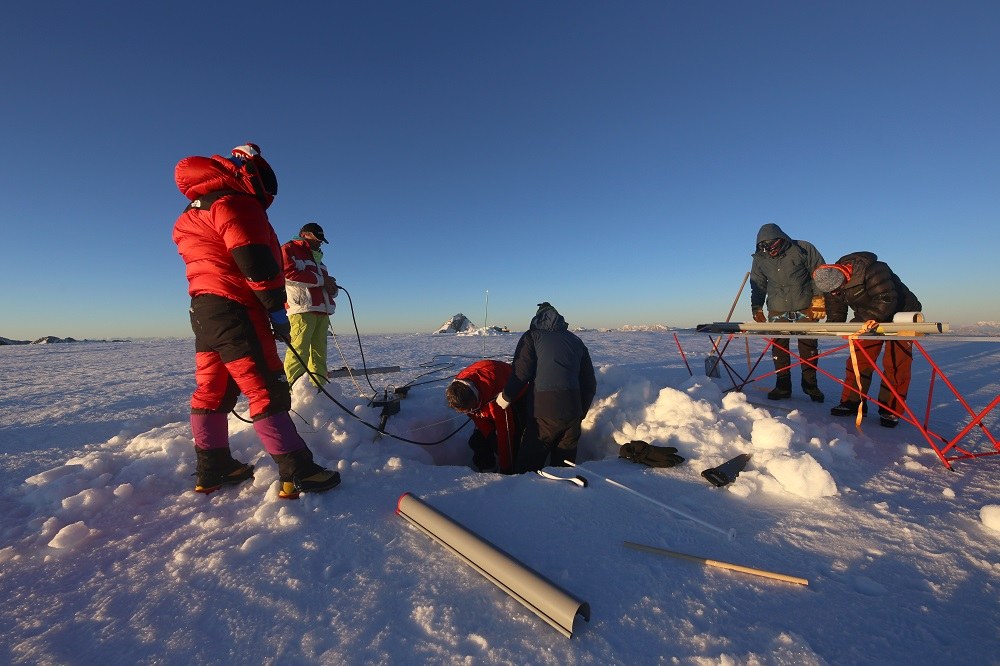News
IPCC report: climate crisis in the Alps

At the end of February, the Intergovernmental Panel on Climate Change (IPCC) presented the second part of its sixth assessment report on the consequences of the climate crisis and possible adaptation strategies. The clear message: without healthy ecosystems, the climate crisis cannot be stopped as these store large amounts of CO2. An additional chapter of the IPCC report is devoted to the impacts of the climate crisis in mountain regions.
Alpine climate risks
Longer, fiercer heatwaves are making the high mountains a popular recreation destination. In general, the potential for summer tourism is increasing, while decreasing snow reliability has a negative impact on winter tourism. Climbing, mountaineering and hiking are becoming riskier on some routes in summer. More heatwaves and fires in Europe are also changing many ecological processes.
Throughout the Alps, agriculture is also affected by heavy rain or longer dry periods. More droughts and less meltwater increase competition between such different sectors as hydropower, agriculture and tourism: low winter precipitation has already affected the Italian Alps. The IPCC report calls for transparent, socially and ecologically equitable water management to meet increasing demand. Strategies that enable multiple uses of water are also becoming increasingly important.
Ways out of the crisis
Mountain regions play a crucial role in the fight against the climate crisis, as they are a hotspot for biodiversity and provide us with ecosystem services. As Alpine resources do not depend on national borders, transnational cooperation is central to advancing pathways for climate adaptation. Platforms such as the Alpine Climate Board and the Alpine Convention’s Climate Action Plan can accelerate this process.
Sources and further information:
report.ipcc.ch/ar6wg2/pdf/IPCC_AR6_WGII_CrossChapterPaper5.pdf (en), report.ipcc.ch/ar6wg2/pdf/IPCC_AR6_WGII_SummaryForPolicymakers.pdf (en), www.dnr.de/aktuelles-termine/aktuelles/weltklimarat-warnt-klimaerwaermung-wird-staerkere-folgen-haben-als (de), www.euromontana.org/en/ongoing-adaptation-efforts-insufficient-to-tackle-climate-change-in-mountain-areas-says-new-ipcc-report/ (en), www.mountainwilderness.org/2022/03/06/ipccs-latest-climate-report-mountains-and-glaciers/ (en), taz.de/Forderungen-des-IPCC-Berichts/!5836887/ (de), www.zeit.de/2022/11/klimawandel-alpen-ipcc-bericht-peter-bebi (de), agronotizie.imagelinenetwork.com/agricoltura-economia-politica/2022/02/11/siccita-ecco-la-mappa-d-italia-dei-fiumi-in-secca/74017 (it), alpineclimate2050.org/climateactionplan20/ (en), www.repubblica.it/green-and-blue/2022/02/04/news/al_nord_non_piove_piu_e_il_po_torna_in_secca_come_a_ferragosto-336309774/ (it)



